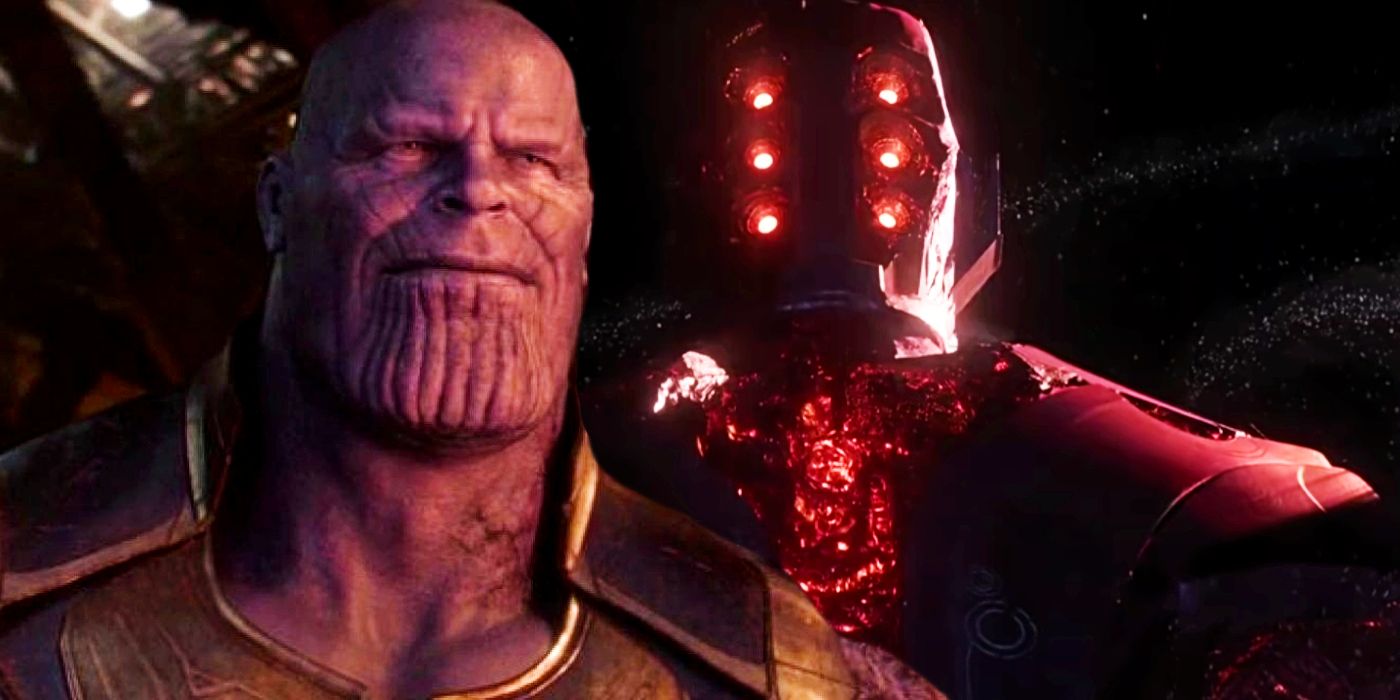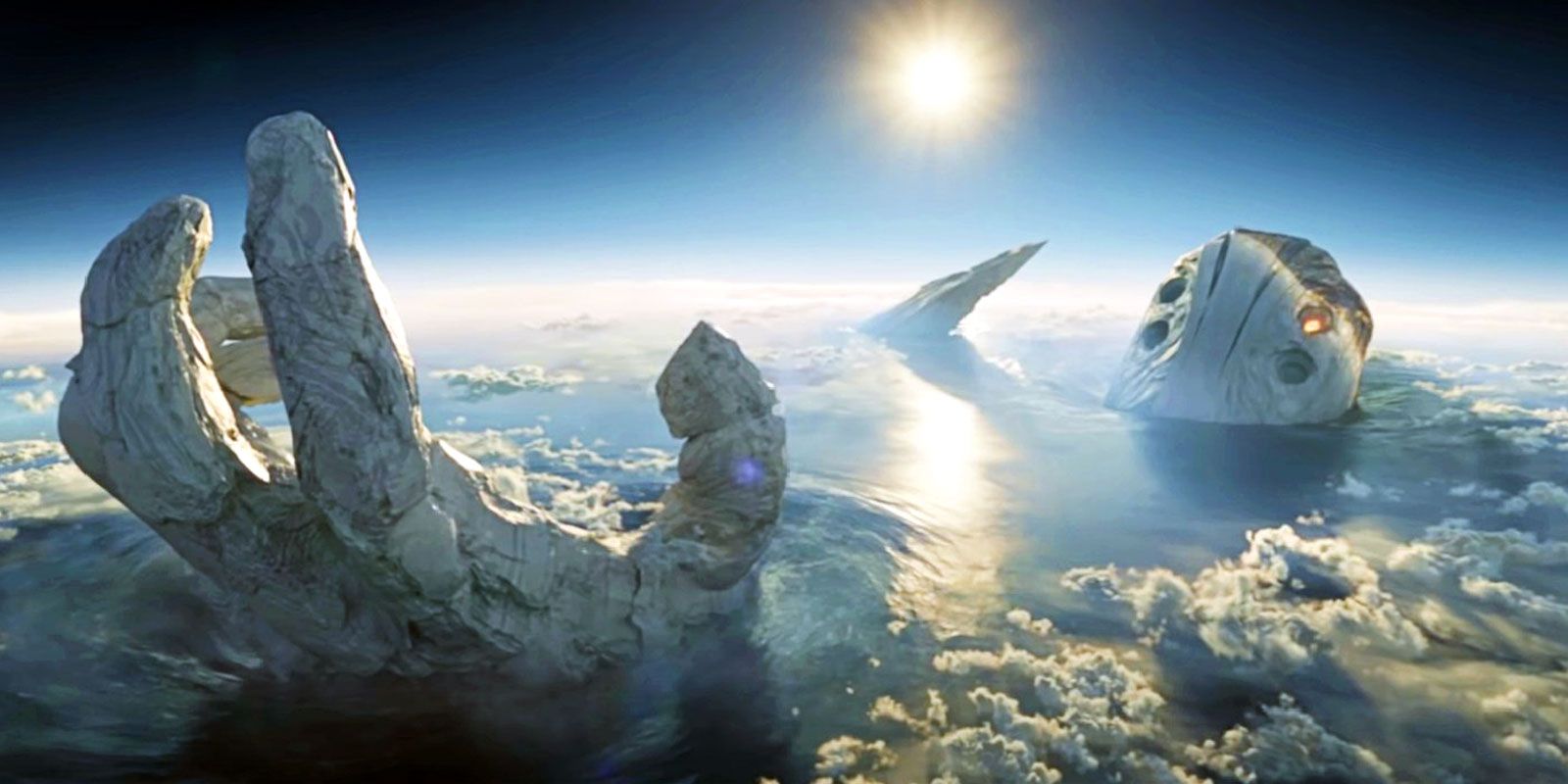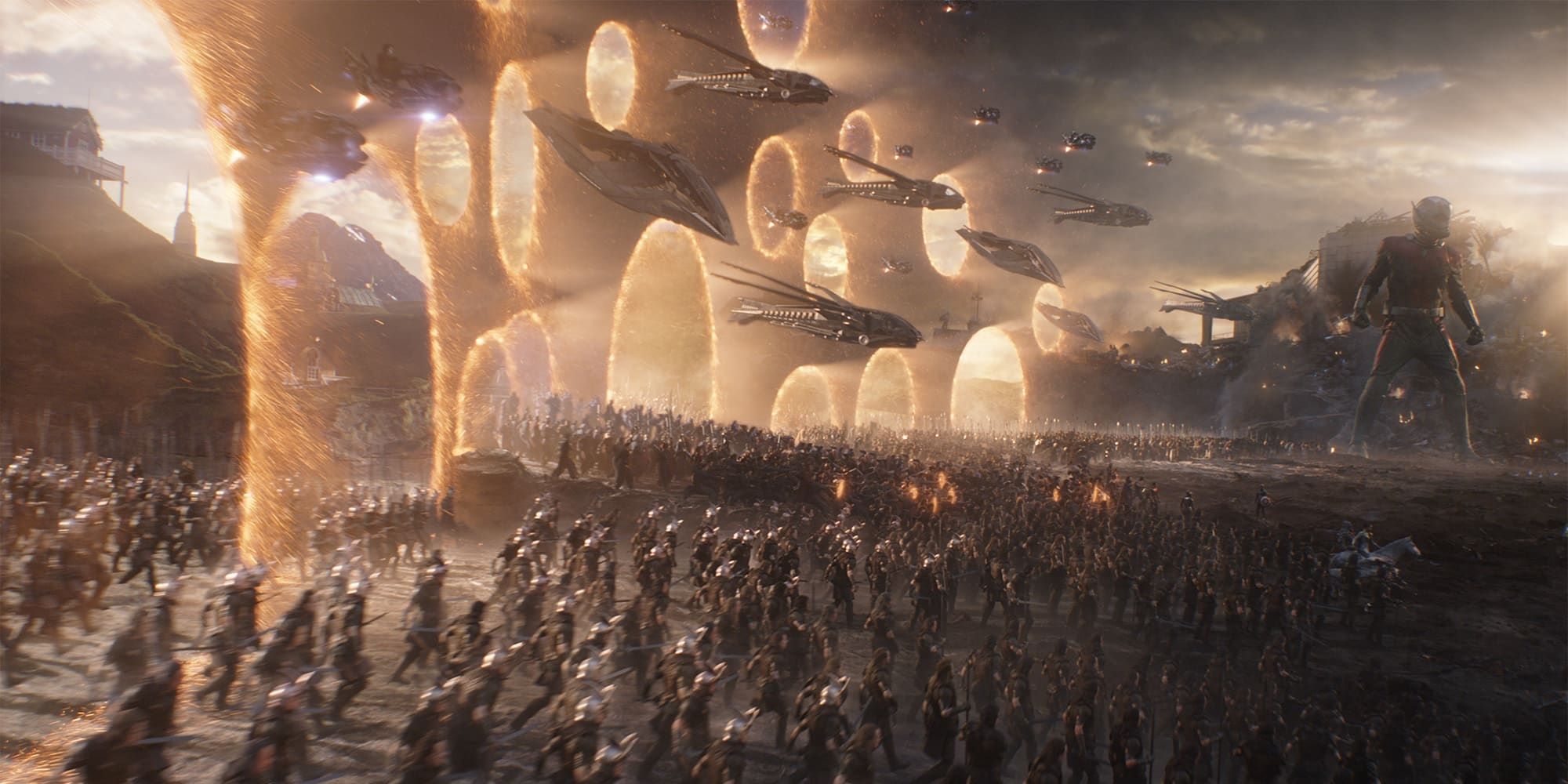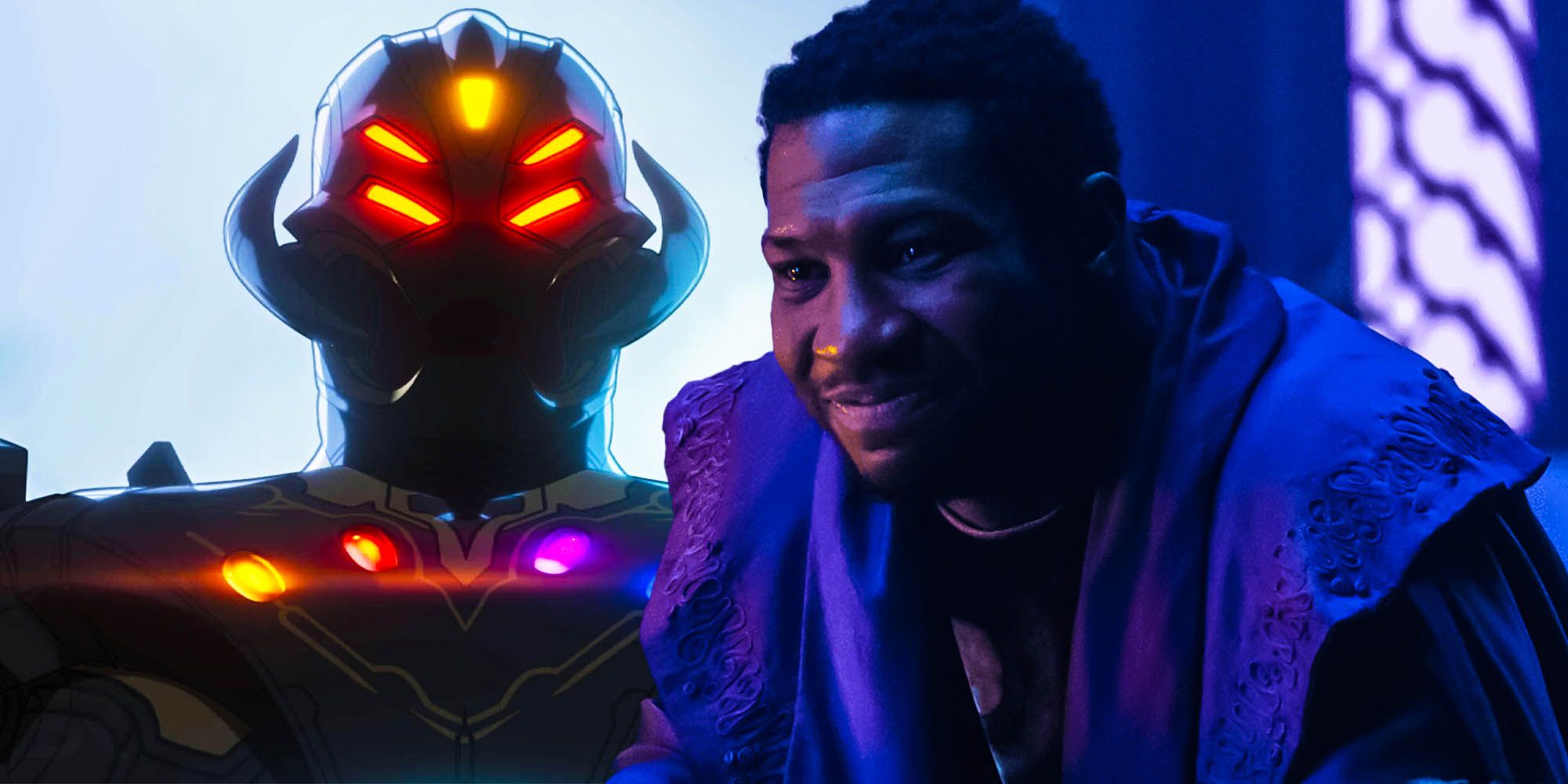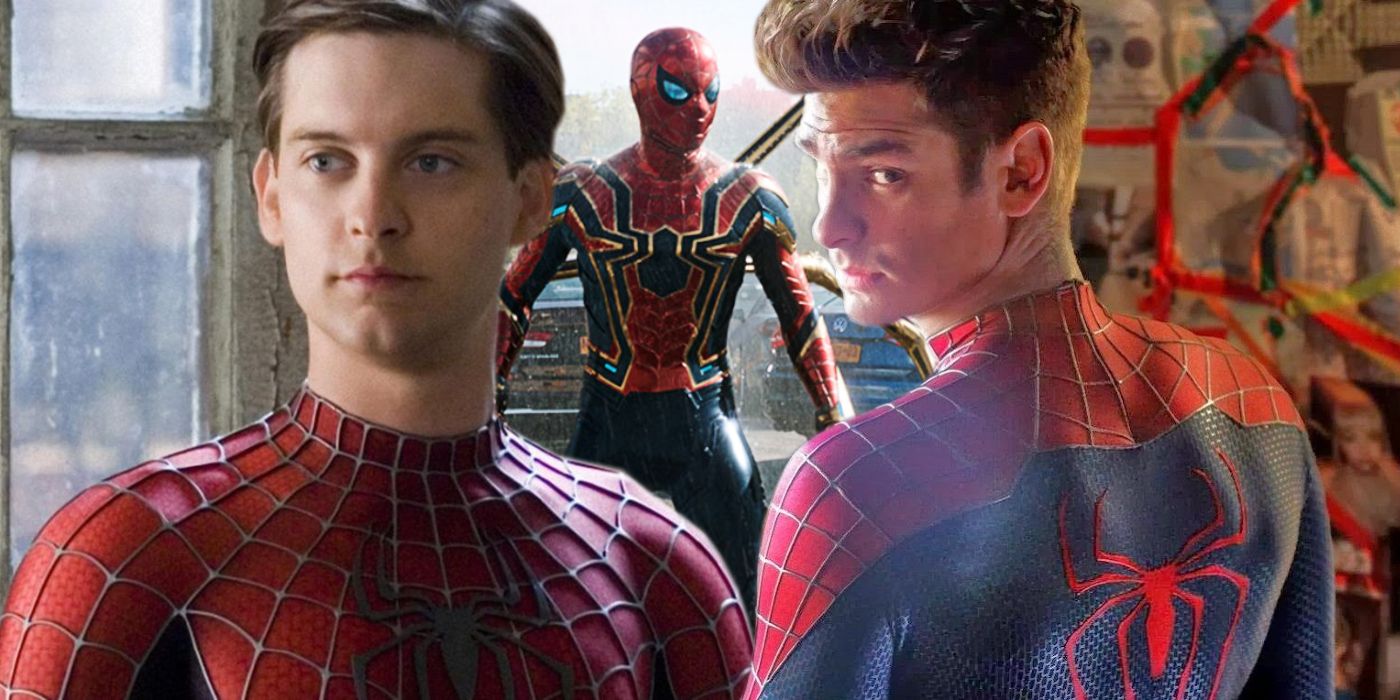The MCU was at one of its most successful points with Avengers: Endgame, but the Phase 4 film, Eternals, proved that the Infinity Saga’s conclusion was an anomaly in the franchise. The majority of the MCU film franchise is part of the Infinity Saga, comprising the first three phases of the widely-successful Marvel Cinematic Universe. After the shockingly dour ending of Avengers: Infinity War, viewers were left wondering how Earth’s Mightiest Heroes could bounce back from their greatest defeat, a story told spectacularly in Endgame. Eternals, a film as intimate and personal as it is large-scale and epic was, unfortunately, one of the few MCU properties that some consider a failure. The aspects of Eternals that didn’t work, however, were precisely what viewers adored about Endgame.
The MCU became one of pop culture’s most enduring and mainstream successes in 2012 with the release of The Avengers. After five commercially-successful and well-received superhero solo films, Marvel Studios released what was at the time an extremely ambitious and risky crossover film. Comic book-style shared universe storytelling became a cinematic fad overnight, and the MCU continued to grow its roster of heroes, gradually building towards a climactic conflict with Thanos, a classic supervillain from Marvel’s comics. Endgame was more than a sequel to Infinity War and the previous two Avengers films, it was also the culmination of the entire MCU up to that point.
Since the release of Endgame and the conclusion of the Infinity Saga, the MCU has looked to expand the scale of the franchise’s new threats. A common element of the MCU’s Phase 4 has been the multiverse. First hinted at in Endgame’s time heist and Mysterio’s false backstory in Spider-Man: Far From Home, the concept of alternate timelines has had a prominent role in Marvel’s Disney+ shows, like Loki and Marvel’s What If…?, as well as films like the recent Spider-Man: No Way Home and the upcoming Doctor Strange in the Multiverse of Madness. Eternals, while not featuring the multiverse, increased the scale of its threat, compared to Thanos, through the use of Celestials and their lore in the MCU.
The Problems With Eternals
While by no means a bad film, Eternals is one of the few MCU properties that wasn’t a resounding success upon release. Based on the high-concept work of the legendary Jack Kirby, Eternals delves deeply into the MCU’s Celestials, near-omnipotent cosmic beings who were previously shown through Guardians of the Galaxy and its sequel, whose antagonist, Ego, was a Celestial. Eternals created a likable cast of cosmic characters, the titular Eternals who serve the Celestials, but its large-scale premise of Celestials being born from populated worlds like Earth led to a fairly by-the-numbers third act that disappointed many viewers, despite the film’s unique premise.
What audiences generally appreciated about Eternals, however, was its cast of characters. Despite its massive scale, Eternals spends much of its runtime telling the small and intimate stories of its titular heroes, who each left their mark on human history over time. While the film could have remained focused on its characters, it instead ends with a conflict that tries to surpass the epic stakes of Endgame, losing sight of its strong cast of characters in the process. What worked in Endgame, unfortunately, didn’t work in Eternals - because the Infinity Saga worked towards Endgame’s finale for over a decade, while Eternals did so in one movie.
How Avengers: Endgame Did The Impossible
Avengers: Endgame has one of the most emotional and epic payoffs in the entirety of the MCU franchise, having nearly every cinematic hero fight together in an epic battle against Thanos and his forces. After Thanos’ victory in Infinity War killed half of all life in the universe, The Avengers find a way to restore the Infinity Stones and resurrect everyone that Thanos snapped away, bringing back an earlier version of The Mad Titan in the process. What Endgame’s finale amounts to is not only the culmination of the entire MCU up to that point, but essentially a “do-over” of Infinity War’s segmented conflict. The Avengers gave themselves another chance to win their greatest battle, but they did it properly in Endgame, working together and ultimately succeeding.
2012’s The Avengers was one of the most ambitious crossovers in cinema at the time, but Endgame repeated its third act, only with far larger stakes and far more heroes. The reason why Endgame succeeded with such an ambitious conclusion is that it had aimed its characters and story arcs towards the finale for eleven years, getting its viewers emotionally invested in the franchise’s heroes and gradually moving them towards the apocalyptic threat that was Thanos. Infinity War proved how dangerous The Mad Titan was by having him succeed against The Avengers and Guardians, but had the heroes rally together one final time and defeat Thanos, while simultaneously closing the book on two of the original six Avengers members.
The MCU Struggles With Universe-Altering Stories
The key to most of the MCU’s success is the grounded nature of its stories and characters. Like their Marvel Comics source material, the MCU films are at their best when telling the stories of naturalistic people who are juxtaposed with the extraordinary in the form of outlandish superpowers, advanced technology, and extraterrestrial beings. Phase 4 has lost sight of this strength to a degree. Properties like Eternals, Loki, and What If…?”, while entertaining, are far too concerned with lore-building and meta-narratives, forgoing grounded characterization for the sake of keeping pace with the scale of the Infinity Saga. What made the Infinity Saga in general and Avengers: Endgame in particular so successful, however, was that the characters came first. The characters of Endgame were the true focal point of the film, and the epic finale was simply the explosive, crowd-pleasing conclusion of the franchise’s main characters.
Can The MCU Have Another Endgame?
The MCU will need time and a focus on characterization to replicate the success and emotional payoff of Endgame, which cannot be done in a single phase, let alone a single movie. In a way, the MCU has already had a second Endgame-like success less than three years later. Spider-Man: No Way Home wisely utilizes the multiverse concept to bring villains and Spider-Man variants from two other realities (which happen to be those of the two previous Spider-Man film franchises), concluding Tom Holland’s Spider-Man trilogy and simultaneously tying it to its predecessors giving all three Spider-Man iterations and many of their villains one last adventure. Eternals, while an ambitious and heartfelt film, couldn’t replicate the years of buildup and intimate characterization of Avengers Endgame within the timeframe of one movie.

